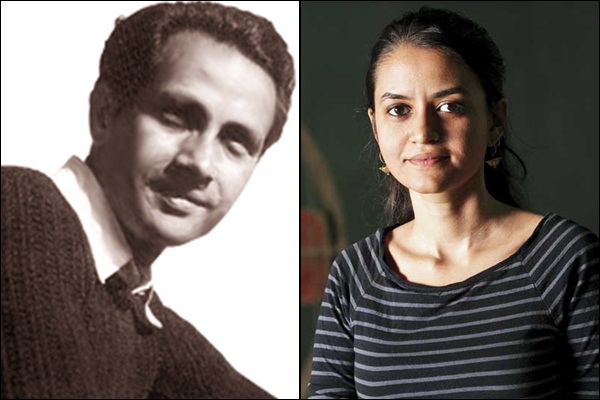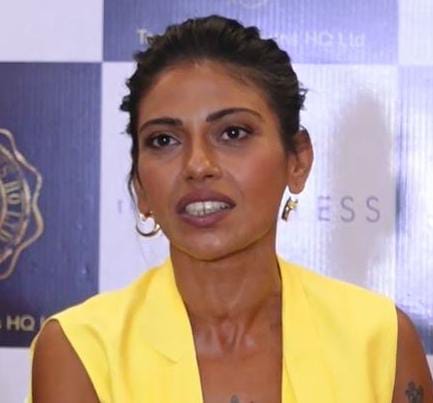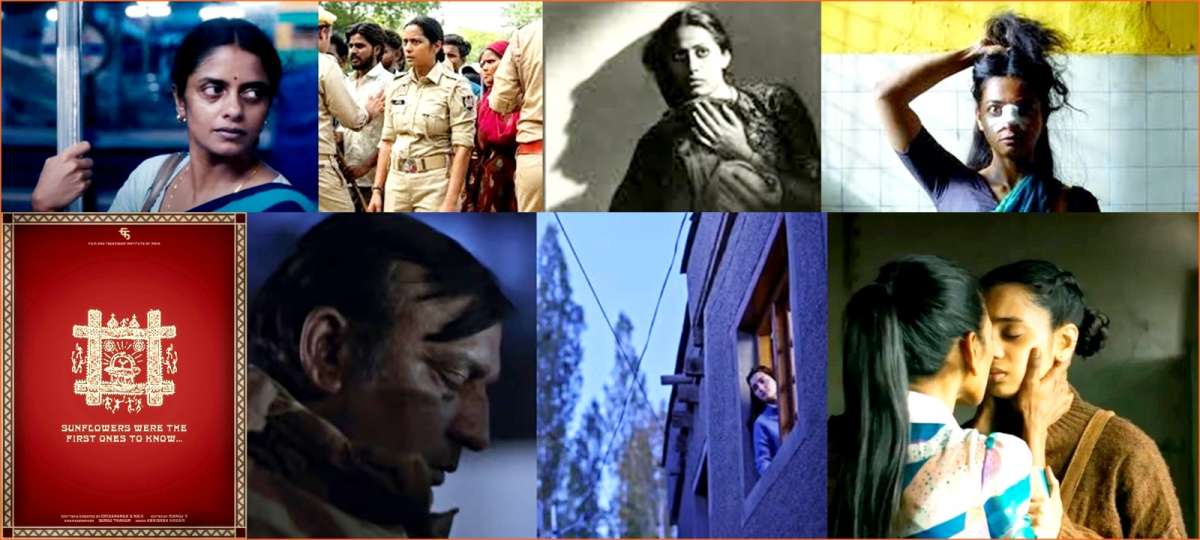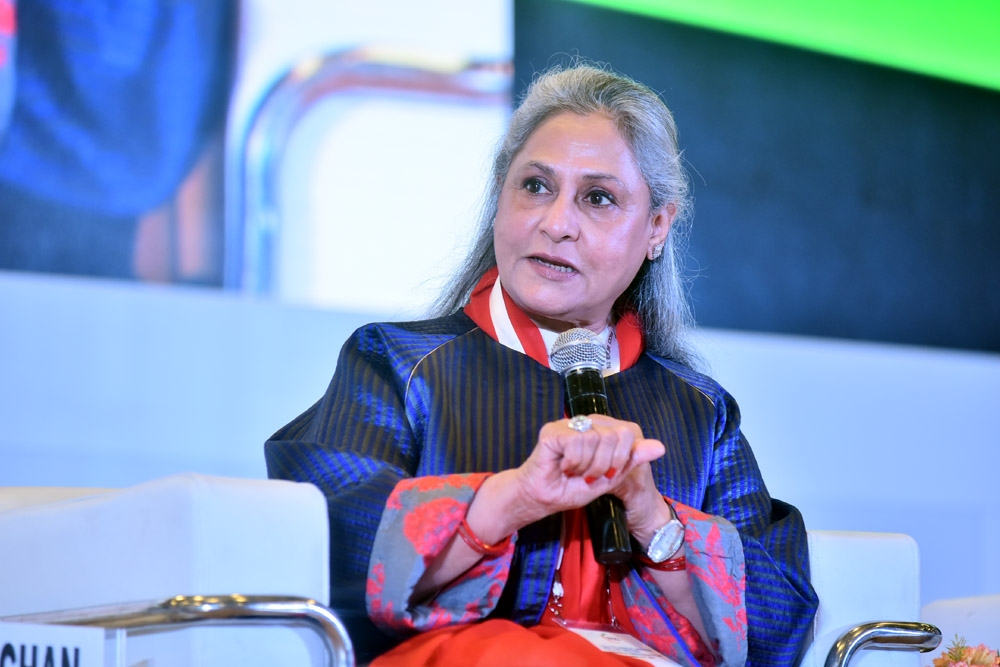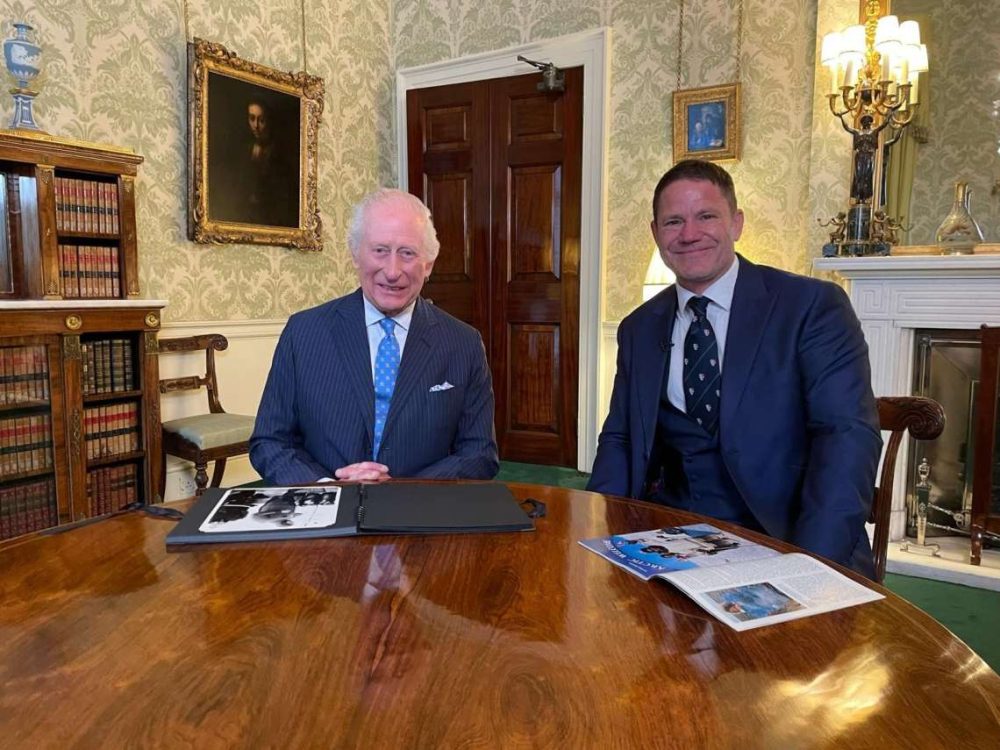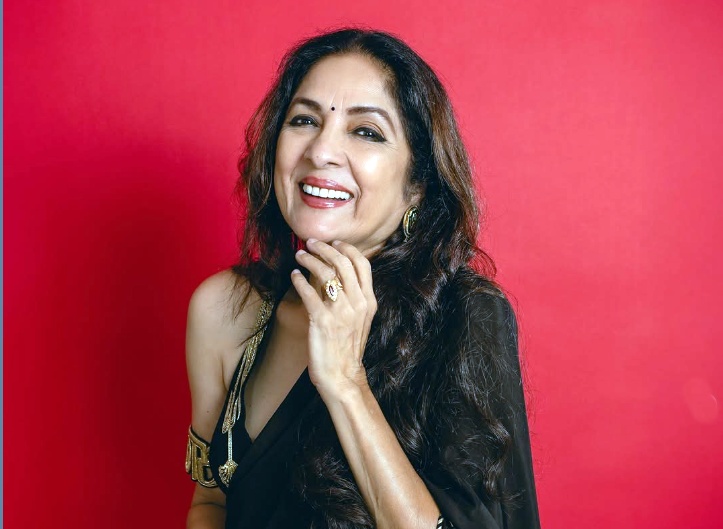Then followed an extended drought, although Satyajit Ray’s ‘Parash Pathar’ (1958) and ‘Devi’ (1962), were nominated for the Palme d’Or, followed by M.S. Sathyu’s ‘Garam Hawa’ (1974), which had been shortlisted for the Grand Prix…reports Rafeek Ravuther
India’s association with the Cannes Film Festival is as old as the world’s most anticipated showcase of global cinema, whose 77th edition will open in the French Riviera on Tuesday.
It began with Chetan Anand’s ‘Neecha Nagar’ winning the then highest award, Grand Prix du Festival International du Film, in the festival’s inaugural year — 1946. The gritty film shared the honour with David Lean’s ‘Brief Encounters’.
A little more than half a decade later, V. Shantaram’s ‘Amar Bhoopali’ (1952), a Marathi biopic on a poet and musician Honaji Balai in the early 19th century, and Raj Kapoor’s classic ‘Awaara’ (1953) were nominated for the Grand Prix, but could not get the coveted prize; Shantaram’s film, however, won an award for best sound recording.
After these near misses came four back-to-back trophies for Indian films that made it to the competition section at Cannes — Bimal Roy’s ‘Do Bigha Zameen’ (1954) got the International Prize; Baby Naaz got a Special Mention as Child Artiste for ‘Boot Polish’ (1955), produced by Raj Kapoor; Satyajit Ray’s debut film ‘Pather Panchali’ got the Palme d’Or for Best Human Document; and finally, in 1957, Rajbans Khanna’s ‘Gotama Buddha’ earned him a Special Mention (Short Film) as Director (Hrishikesh Mukherjee, incidentally, was the film’s editor).
Then followed an extended drought, although Satyajit Ray’s ‘Parash Pathar’ (1958) and ‘Devi’ (1962), were nominated for the Palme d’Or, followed by M.S. Sathyu’s ‘Garam Hawa’ (1974), which had been shortlisted for the Grand Prix.
Mrinal Sen ended this long wait with his film ‘Kharij’ (1983) — he had to be content with the Jury Prize, though, despite being nominated for a Palm d’Or. In the following year, Satyajit Ray’s eponymous film based on Rabindranath Tagore’s novel, ‘Ghare Baire’, was also nominated for the Palme d’Or, but the master had to return empty-handed.
Since then, Indian films have been making their presence felt, though all of them may not have grabbed the headlines.
In 1988, Mira Nair won the Caméra d’Or Audience Award for her debut feature film, ‘Salaam Bombay!’. Shaji N. Karun got a Caméra d’Or Special Mention for his acclaimed Malayalam film ‘Piravi’ (1989) about Prof. T.V. Eachara Warrier, whose college-going son was killed in police custody during the Emergency.
In 1991, Deepa Mehta won a Caméra d’Or Special Mention for ‘Sam & Me’, though the film was listed as a Canadian production. That year turned out to be doubly special for India after Aribam Syam Sharma’s ‘Ishanou’, a film in the Meitei language, was nominated for the top award in the festival’s Un Certain Regard segment. It was a first for any film from India’s North-East.
Then came the double good news of 1994. Malayalam director Shaji N. Karun’s ‘Swaham’ was nominated for the Palme d’Or — an honour that has come 30 long years later to Payal Kapadia. Satyajit Ray’s son Sandip Ray’s Bengali film, ‘Uttaran’, got the nomination for the Un Certain Regard Award. Both films, however, did not get the award they had been nominated for.
Towards the end of a dry 1990s, Murali Nair’s ‘Marana Simhasanam’ (1999), a Malayalam film about the first execution by electric chair in India, won the Camera d’Or, an award that goes to the best first feature film.
What followed in the opening decades of the 2000s were minor but not insignificant awards. These were for Manish Jha’s ‘A Very Very Silent Film’ (2002; Short Film Jury Prize); Gitanjali Rao’s animated film ‘Printed Rainbow’ (2006; Grand Rail d’Or Audience Award); and Ritesh Batra’s celebrated Irrfan Khan-starrer ‘The Lunchbox’ (2013; Grand Rail d’Or Audience Award).
Karan Johar’s ‘Ajeeb Dastaan Hai Yeh (Bombay Talkies)’, the four-in-one package of short films celebrating 100 years of Indian Cinema, was nominated for the Queer Palm in 2015 without success.
In recent years, Kanu Behl’s neo-noir crime drama, ‘Titli’, got nominated for but did not win the Camera D’Or in 2014. In the following year, 2015, Neeraj Ghaywan’s acclaimed film ‘Masaan’, starring Richa Chadha and Vicky Kaushal (it was his debut film), won the FIPRESCI Prize in the Un Certain Regard section.
Gurvinder Singh (‘Chauthi Koot’; 2015) and Nandita Das (‘Manto’; 2018) were nominated but did not come home with the Un Certain Regard Award.
Payal Kapadia, who’s in contention this year for the Palme d’Or for her debut feature film ‘All We Imagine is Light’, won the Golden Eye for her documentary, ‘A Night of Knowing Nothing’ in 2021, and in the subsequent year, Delhi’s Shaunak Sen went home with the same award for ‘All That Breathes’, which also made it to the Oscars shortlist.
As the curtains go up on Cannes, all eyes will be on Kapadia’s film about two nurses who are tortured by their relationships and what they discover when they take a road trip to a beach for a holiday. It’s been 30 years since an Indian film was selected to compete for the Palme d’Or. Shaji Karun wasn’t successful in 1994. Will Payal Kapadia script history in 2024?


